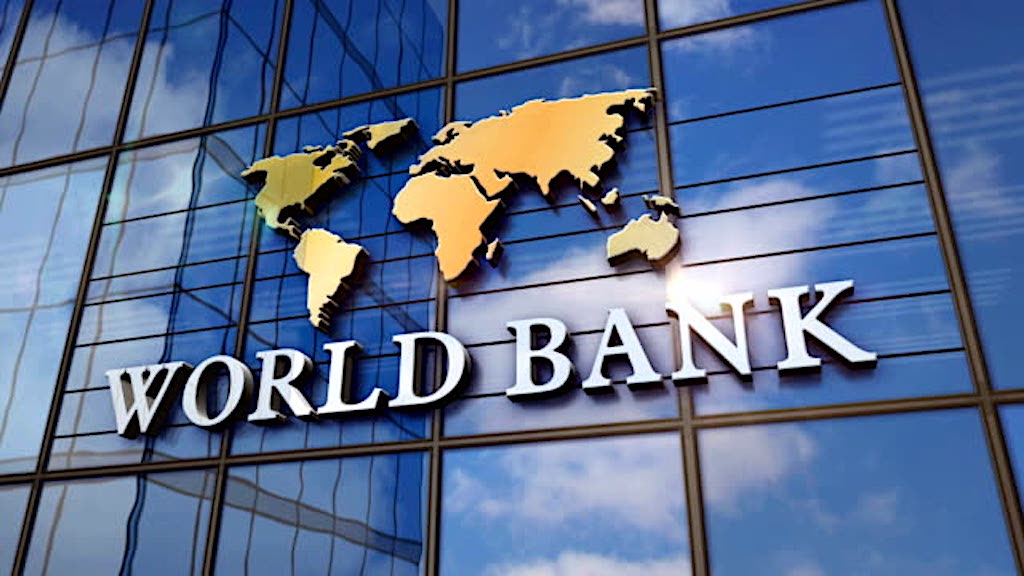For decades, Africa was known and described as a land of opportunities. This impression is because of the many opportunities in different countries of the continent that cannot be ignored.
From the more prominent economic countries in Africa like Nigeria or South Africa, known for their large economies, to the smallest African countries, one way or the other, a closer look would have you see so many opportunities that one could explore and thrive in business or careers.
This article is not to talk about the already-made African economies but to take a closer look into a smaller African country that is full of opportunities and has the potential to grow its economy.
Eswatini, formally known as Switzerland, is founded upon an export-orientated economy, and its solid and stable financial sector is increasingly becoming highly attractive to new investors in the country.
Eswatini is an African nation rising from its solid foundation of tradition. As a small nation with huge potential, Eswatini is empowering itself by reclaiming its name, rooting itself in its rich heritage and ensuring its ambitions catapult it towards a first-rate future.
The country is envied for its strategic location in Southern Africa. As a result, Eswatini can reach regional markets hassle-free. On top of that boasts one of the best infrastructures in Africa and has been characterized by enormous progress from foreign direct investment (FDI) in Mining, Agribusiness, Tourism, Manufacturing Industries, etc.
Let’s look at some sectors that are growing the country’s economy and why Eswatini is referred to as a land of opportunities.
Agriculture Opportunities
Agriculture has always been the traditional backbone of Eswatini’s economy and a great contributor to the country’s GDP.
The sector is a major source of employment for over 70% of the rural population. In addition, the diverse agricultural activities that take place in the country include sugar cane production, citrus fruit, cotton, forestry, livestock, maize, other cereal crops and other undertakings which generate foreign exchange earnings.
Manufacturing
The country offers immense opportunities for manufacturing.
The strategic location further enhances its export potential, anchored by the Government’s focus on value addition to a wide range of natural resources, which is vital to attracting investments into value-added industries.
Manufacturing operations in the country range from small factories to large ones employing thousands of people and utilizing the latest technology. This sector accounts for around 65% of total FDI and, as an employer, is second only to agriculture, providing jobs for about 26% of the workforce.
Textile and garment production plays a significant role in the country’s manufacturing sector. In the last several years, the textile and garment industry has grown to offer a wide range of services, including spinning, weaving, knitting, dyeing, and finishing.
Introducing such labour-intensive processes locally has increased employment opportunities. Currently, the industry provides jobs for over 15,000 citizens.
Eswatini’s textile and garment manufacturers are primarily located in the Matsapha Industrial Estate, and offering comprehensive product lines in one location is attractive to buyers, as it allows them to meet their broad purchasing needs in one place.
As a result, Eswatini provides textiles and garments to some of the largest retailers in the United States, Europe, and South Africa.
Energy
In Eswatini, more than 95% of the total power production is hydro-powered.
Two hydro stations supply the electricity needs of the country and these stations are owned and operated by the Country’s Electricity Company.
The country’s smallness makes it possible for the electricity company to adequately provide isolated transformers to individual large companies in some cases. This helps these companies avoid power cuts and, consequently, stay clear of unnecessary foregone revenues due to power interruptions.
With this, the energy sector can thrive and there is indeed opportunity in this sector.
Mining
Over the years, Eswatini has had rich deposits of several precious stones and gems. Though these minerals are in small volumes, they have not been exhaustively extracted from the ground.
The country’s minerals include asbestos, coal, quarried stone, soapstone, kaolin, talc, silica, green chert and others.
Such wealth goes on to prove the potential of mining in Eswatini. It is hoped that mining sector development will trickle-down effects on the whole economy.
What about its opportunities in Tourism?
Eswatini’s tourism industry remains one of the fastest-growing industries and a large income generator.
The peace, stability and low crime rate compare well when put side by side with neighbouring countries like South Africa and Mozambique. In addition, unique attractions and proximity to the world-famous Kruger National Park make Eswatini the right place to visit.
The country offers many diverse and unique attractions that appeal to a broad cross-section of tourists.
Despite the advent of modernization, traditional ceremonies remain an integral part of life in Eswatini.
Its Tourism Authority is a parastatal formed under the Tourism Authority Act to stimulate and expand the industry through various programs.
This has made significant contributions to the development of tourism in the country.
Some investment opportunities among the country’s tourism line include; the development of a state-of-the-art government-owned ICC, the development of a Golf Estate, Casino and supporting Facilities, and a holiday housing estate to cater for holidaymakers that are mostly foreigners.


